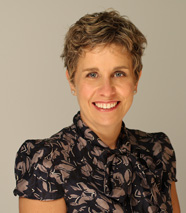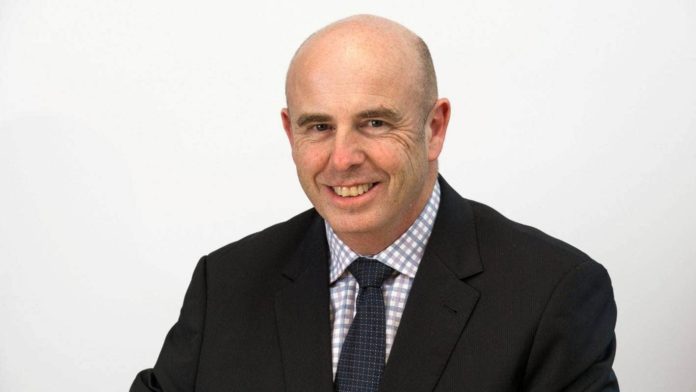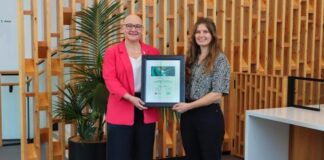Minister for Health, Andrew Little has named the taskforce set to lead the nation’s health plan for the future.
“Today I am announcing a high-powered taskforce to work-up the national plan for planned-care,” the Minister said today.
The taskforce will be led by colorectal surgeon, Andrew Connolly (pictured), chief medical officer of Counties Manukau District Health Board. Dr Connolly was also recently chief medical officer for the Ministry of Health.
“In addition to being a fine surgeon and health leader, he has also developed a strong track-record as a health service fix-it man,” Minister Little said.

He will be joined by:
- Professor Diana Sarfati, the chief executive of Te Aho o te Kahu, the Cancer Control Agency.
- Wellington GP Dr Jeff Lowe, who chairs General Practice New Zealand.
- Auckland District Health Board funding and development manager Jo Brown.
- Canterbury District Health Board chief operating officer for networks, Dan Coward.
- Canterbury District Health Board director of nursing Brenda Close.
- Bay of Plenty DHB clinical director Linda Chalmers.
- Northland DHB general and oncoplastic breast Surgeon Maxine Ronald.
- Dr Kiki Maoate, a paediatric surgeon at Canterbury DHB.
- And Dr Rawiri Jansen, the clinical director of the National Hauora Coalition. Dr Jansen has been appointed to the taskforce by the Interim Māori Health Authority.
The Minister said the taskforce will support district health boards to take whatever short-term measures they can to reduce waiting times.
“It will also be responsible for developing a national plan for planned care, which I expect to receive by September,” he said.
“Central to it will be a new, national approach to specialist appointments and planned-care operations, getting rid of the postcode lottery that has seen people treated differently in different parts of the country once and for all.”
He said the taskforce will also conduct a national review of all waiting lists and an assessment of individual needs of those named on waiting lists.
“For some people, that might mean they move up the list or get their treatment in a place a little further from home than they expected,” the Minister said.
“For others, it might mean they are offered another form of treatment which is less invasive than surgery and can happen more quickly.
“In Canterbury, for example, offering physiotherapy to women suffering from urinary incontinence secondary to pelvic floor dysfunction has meant 30% no longer need surgery.”
He said he also expected the taskforce to make full use of all health resources, including those in the private sector.



